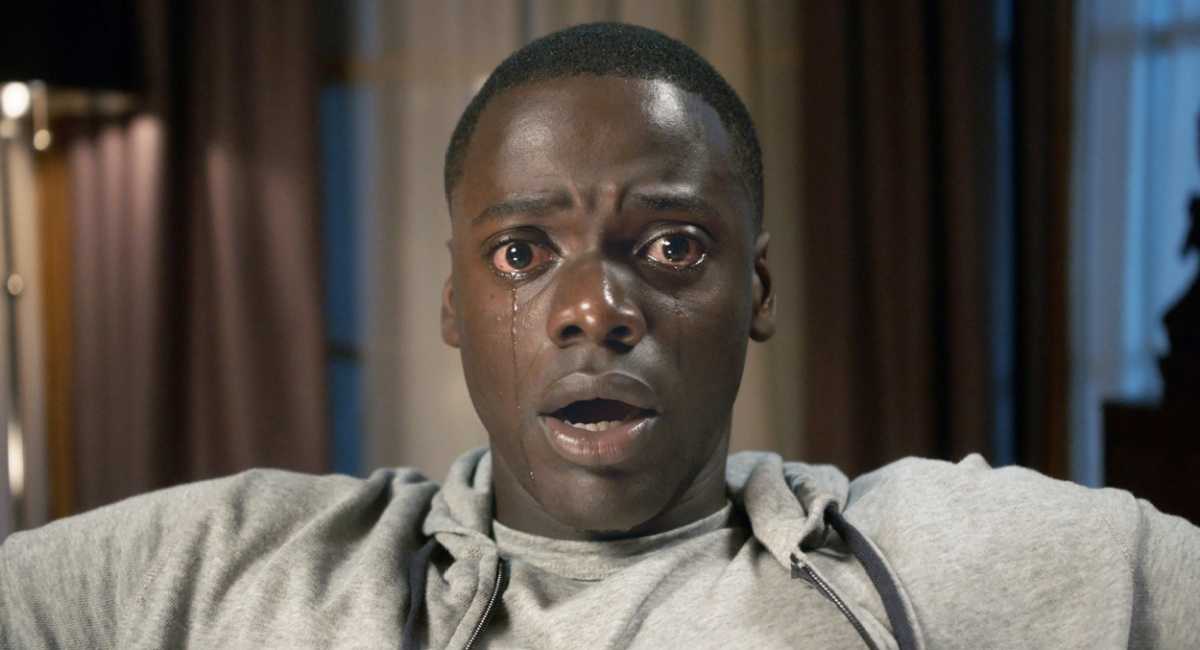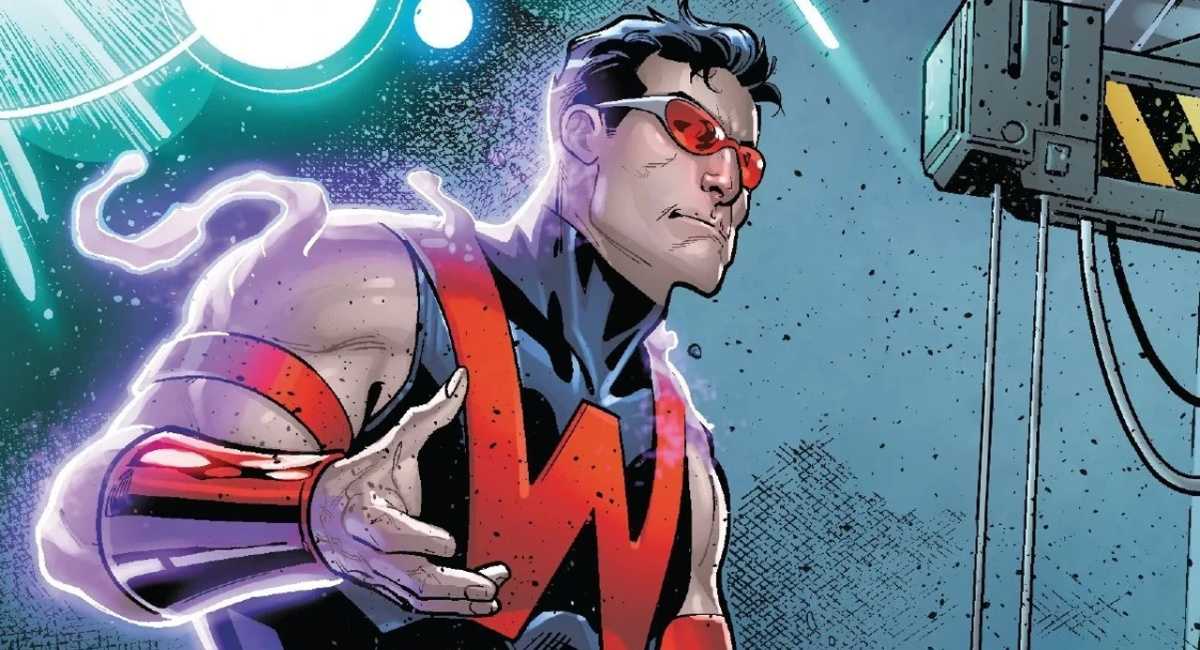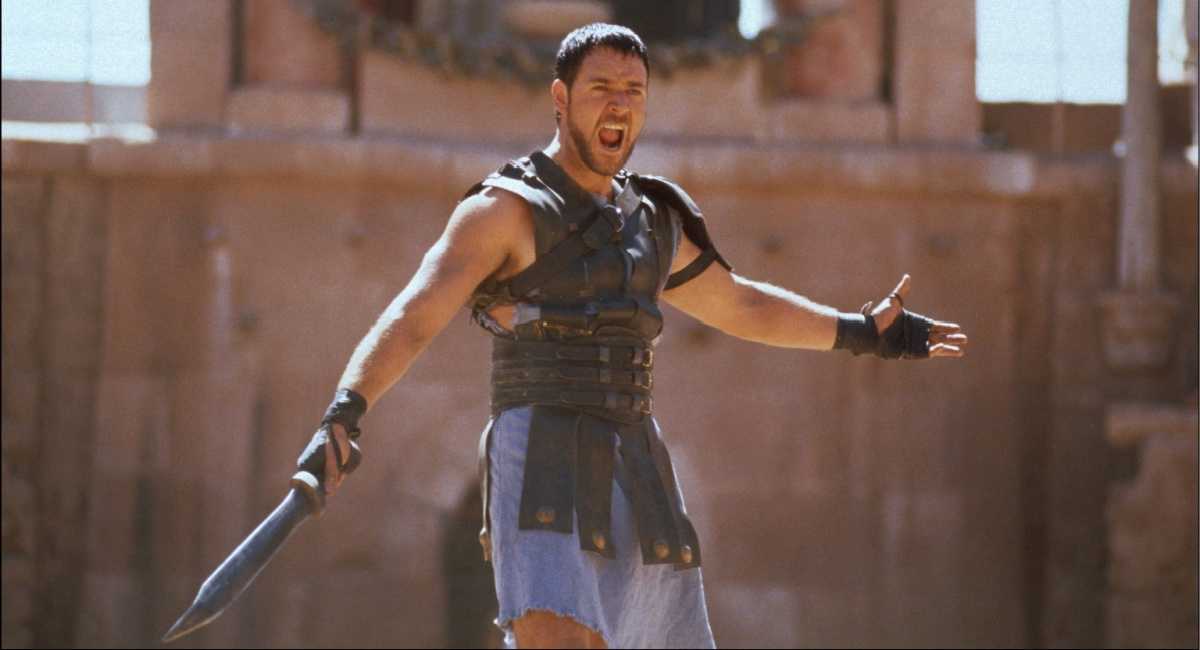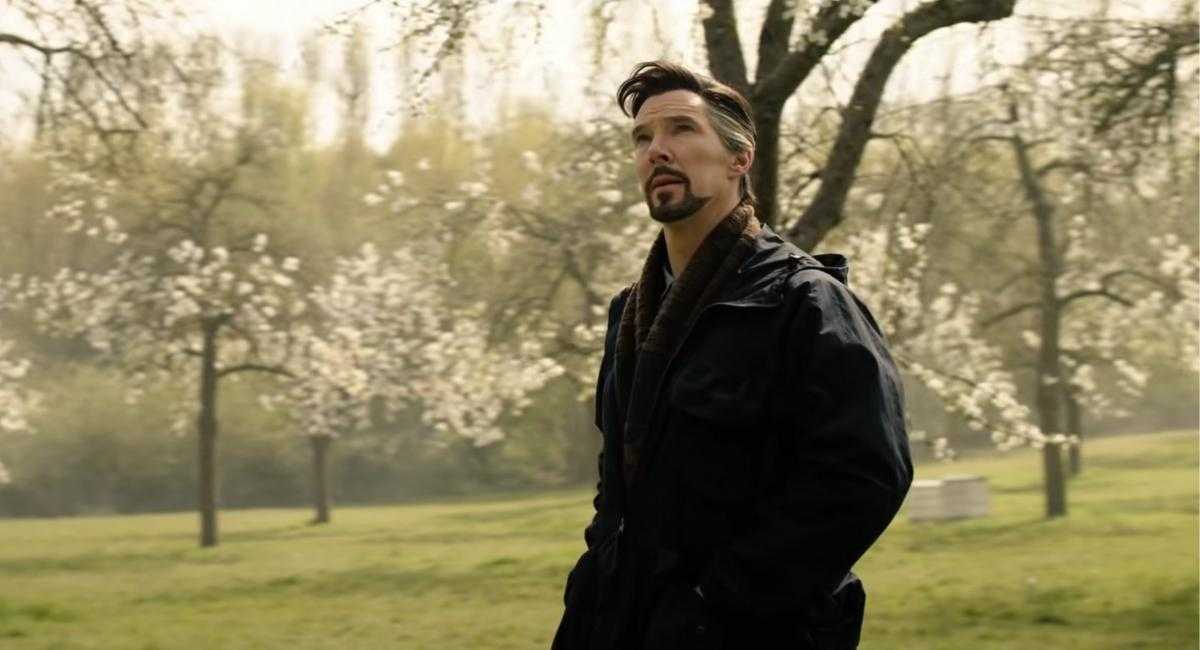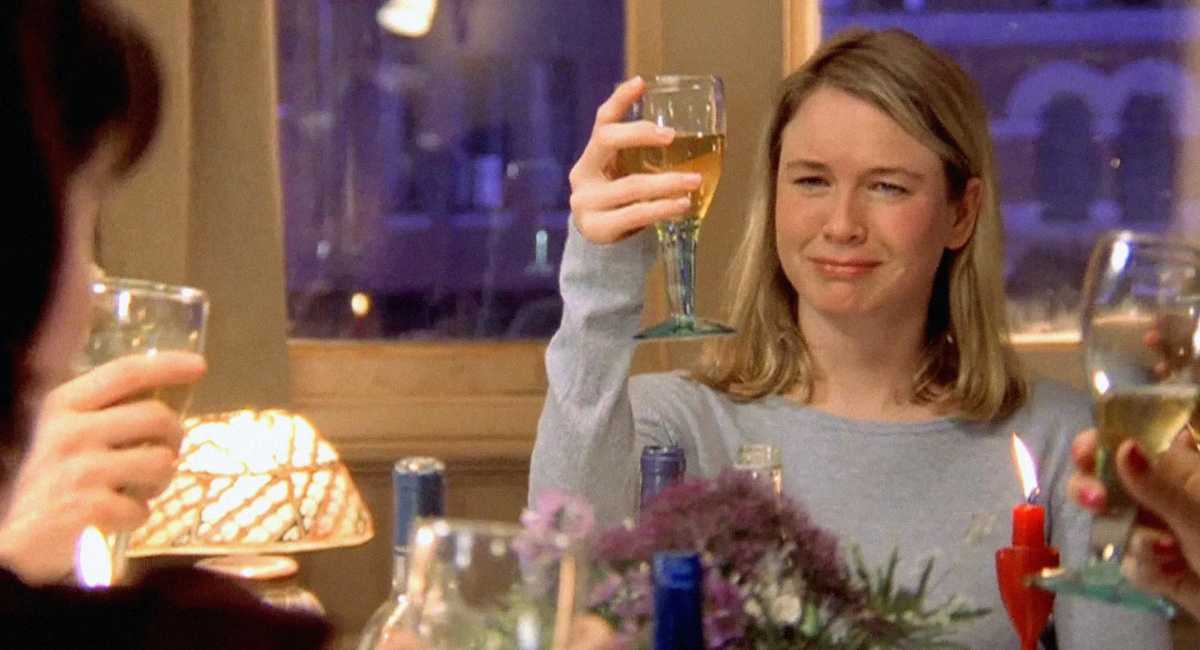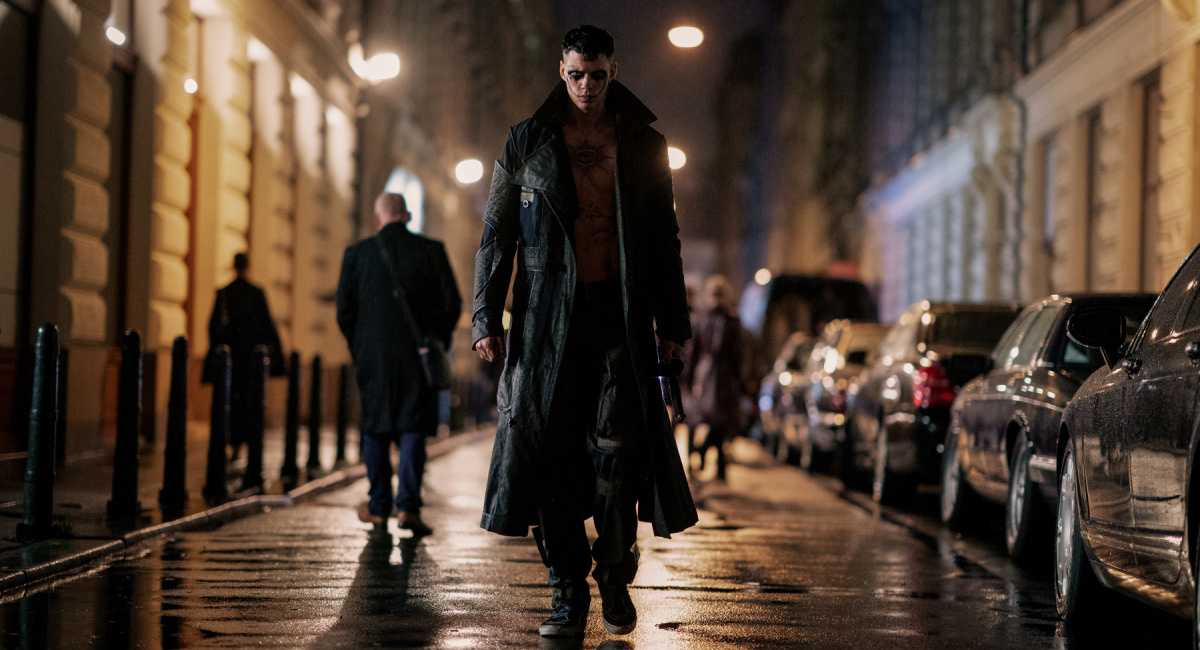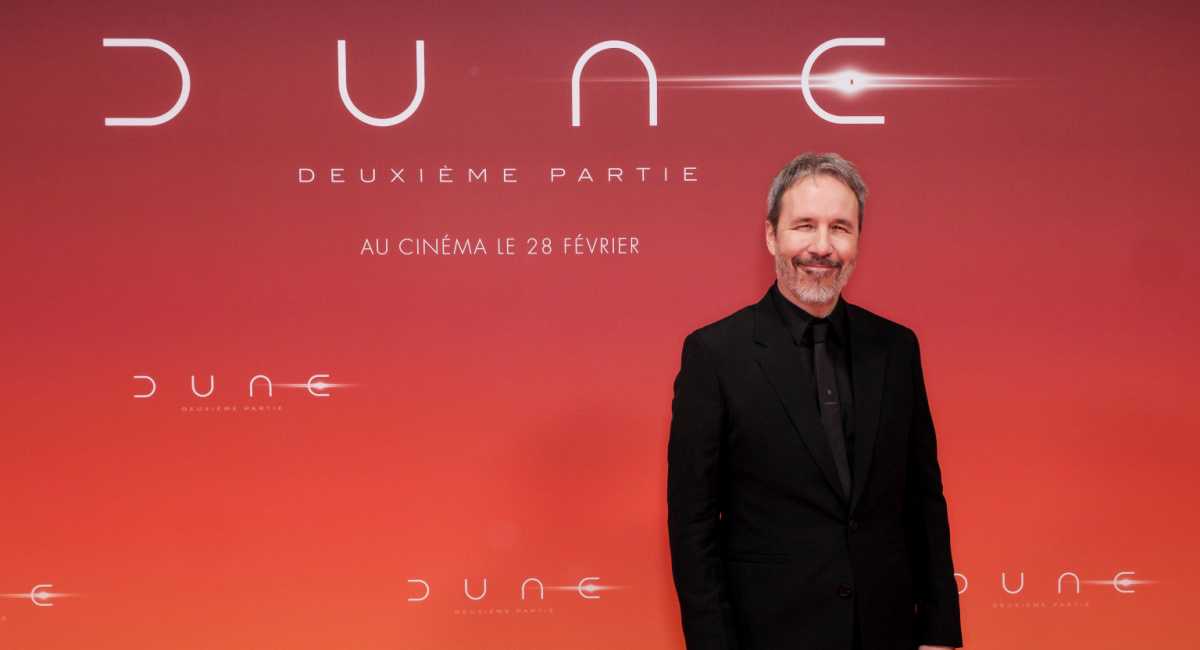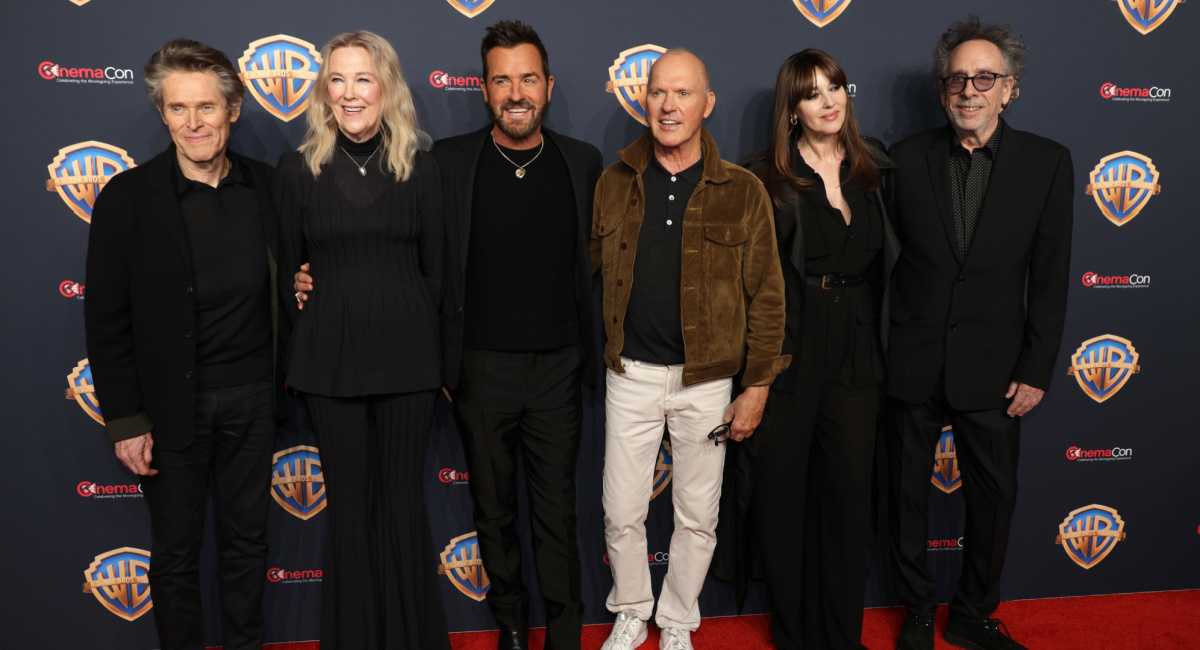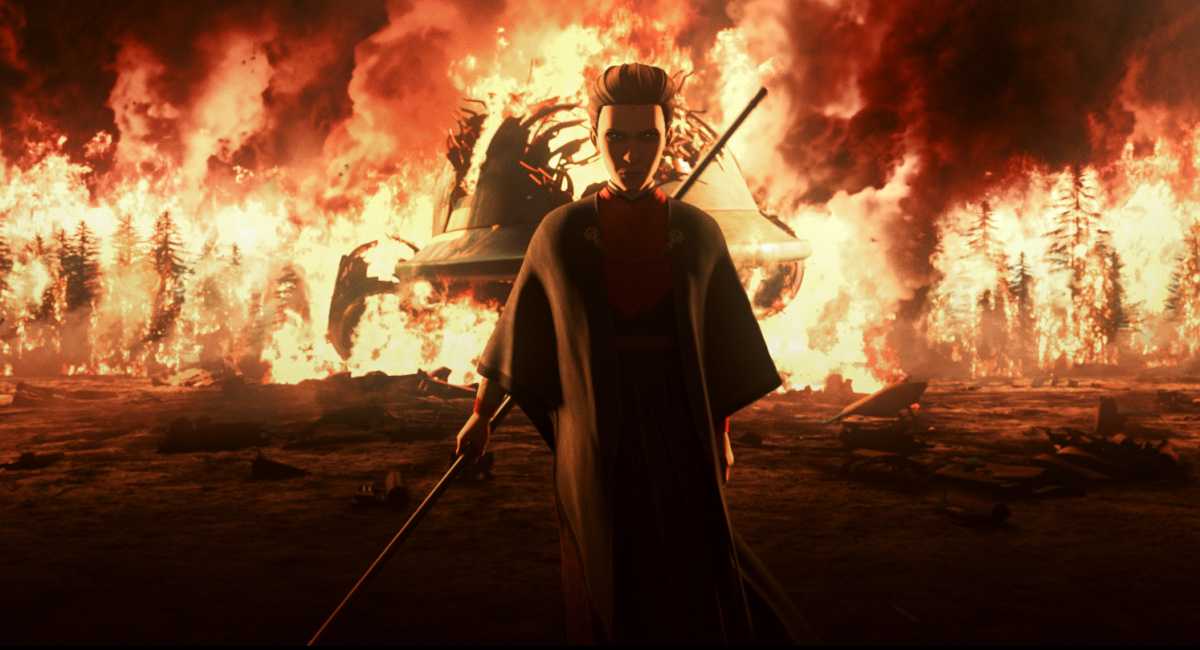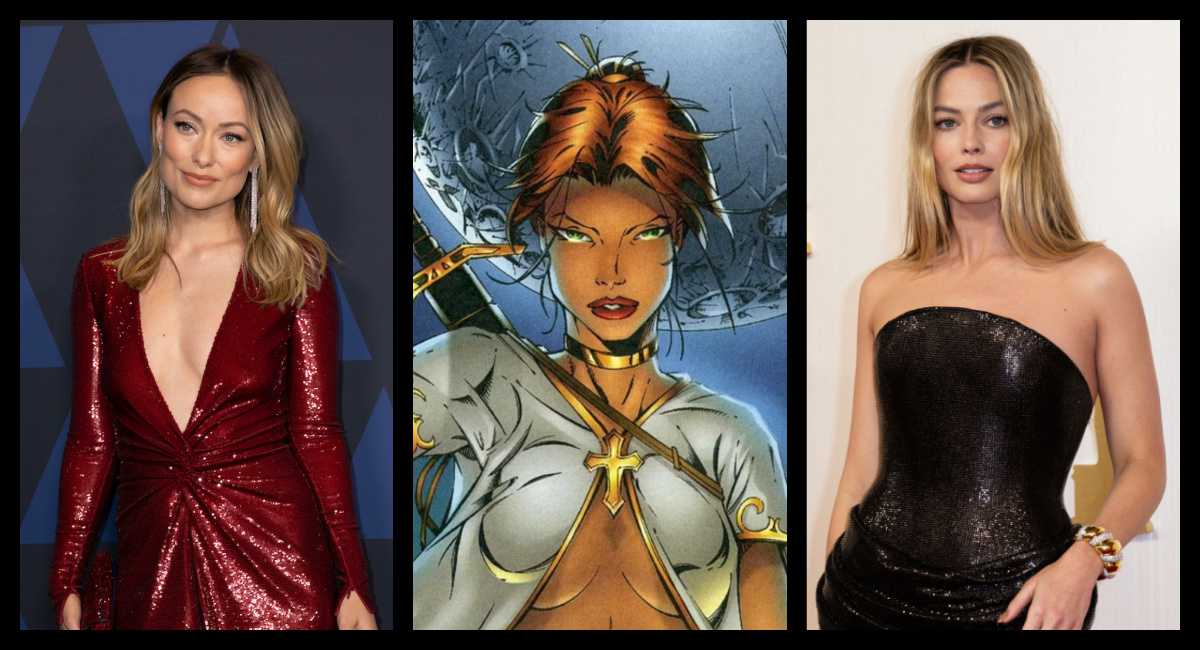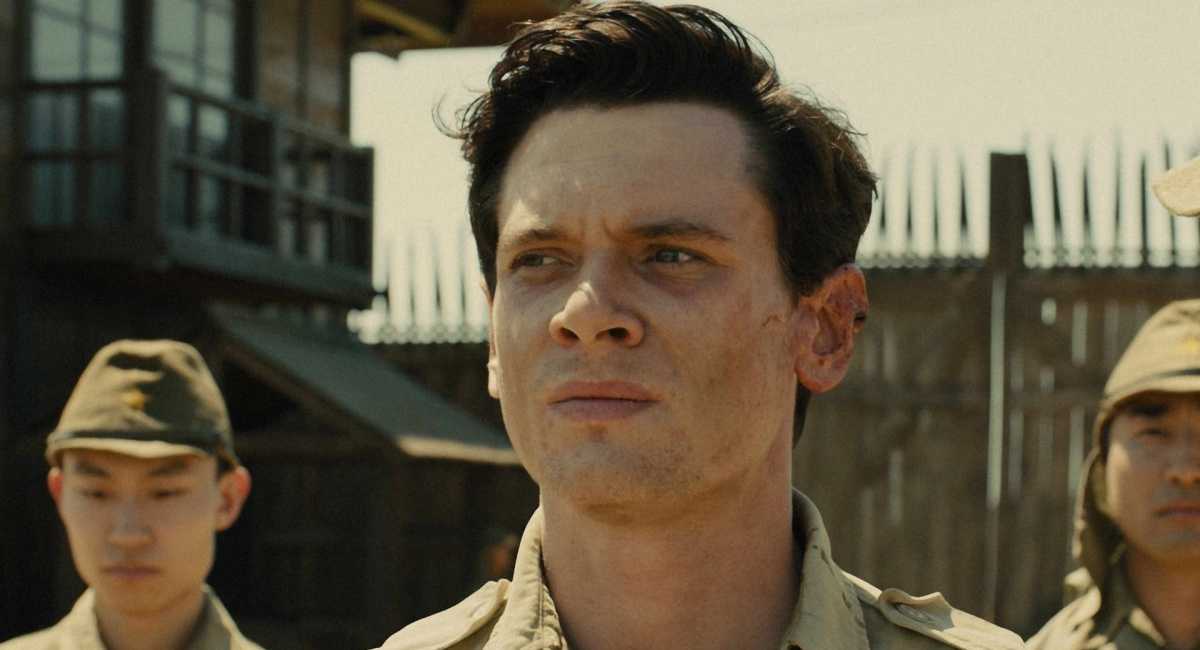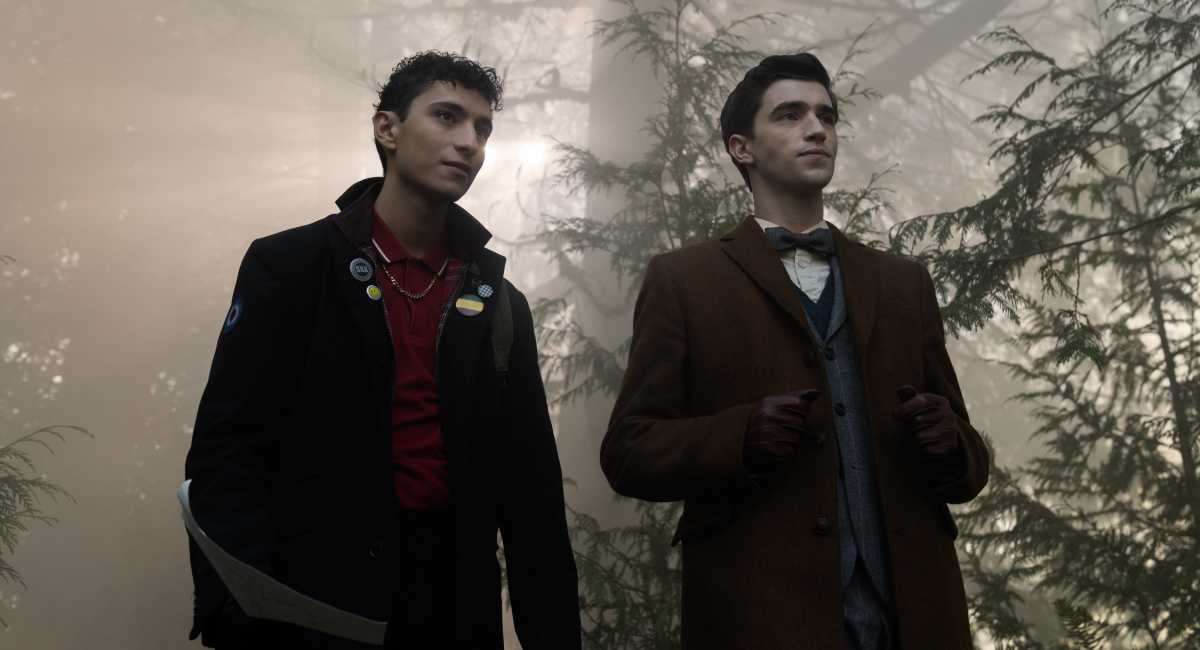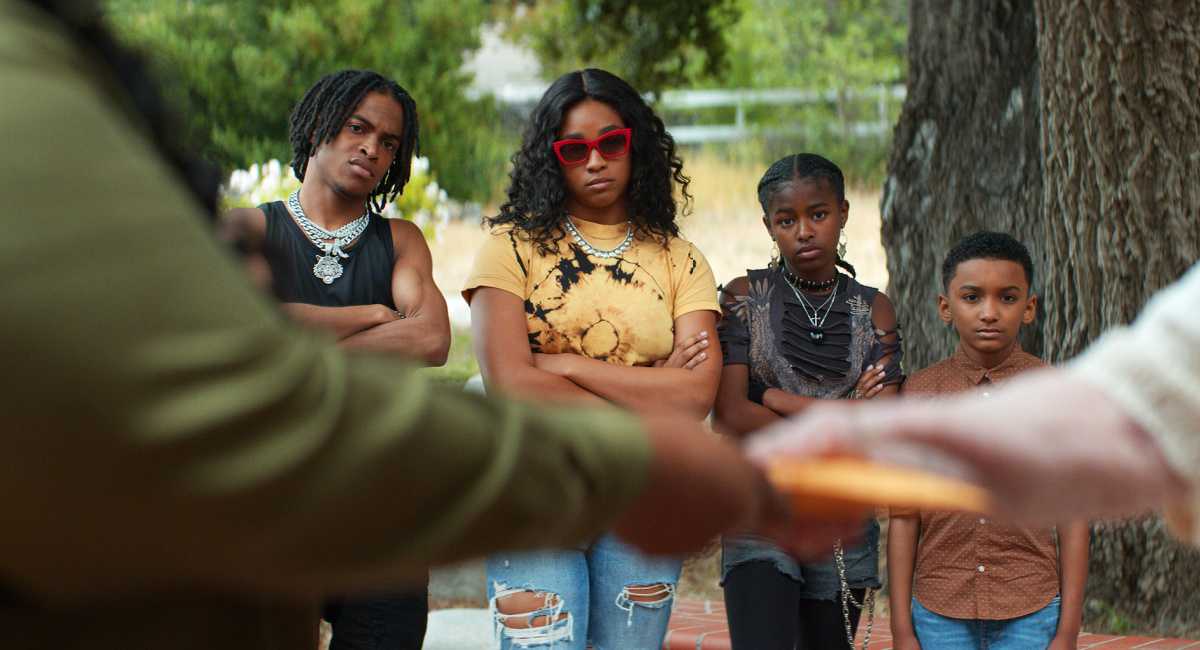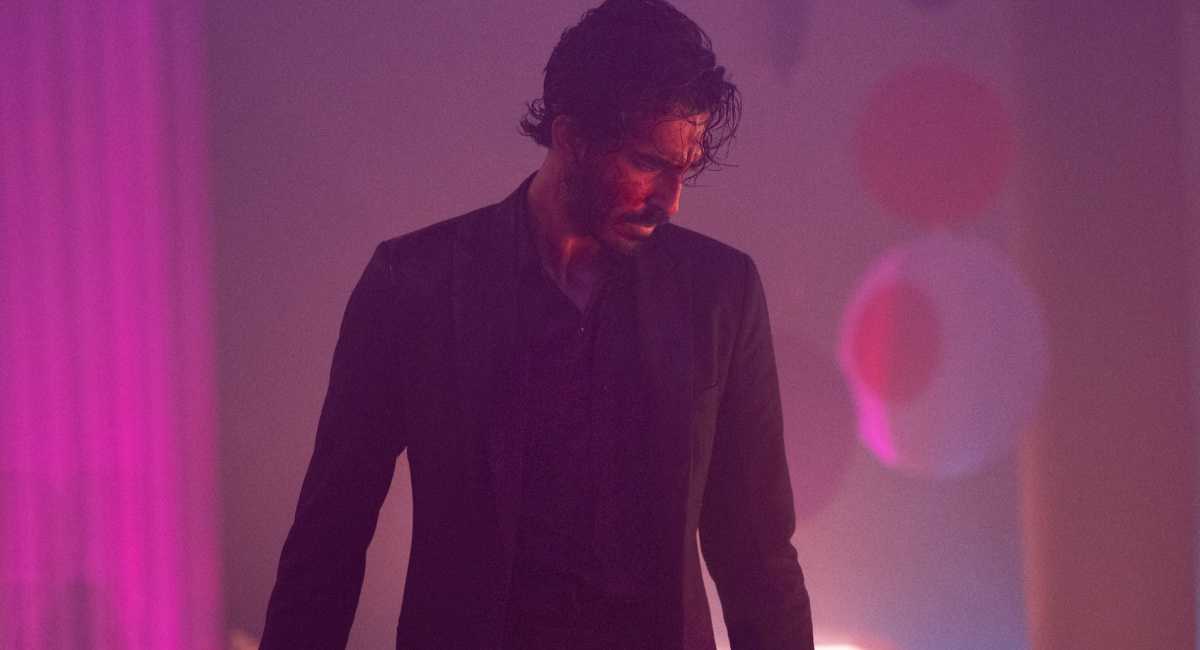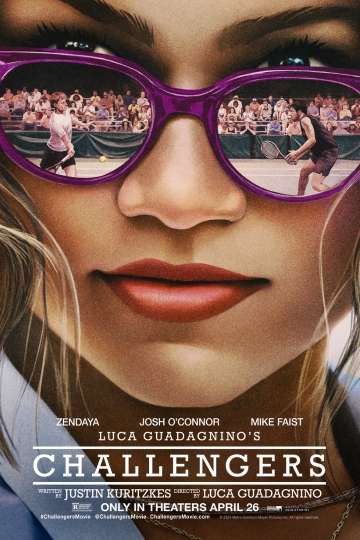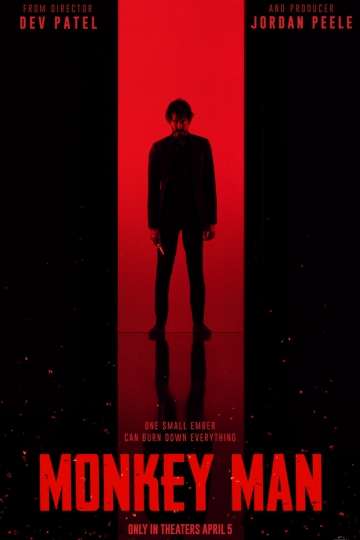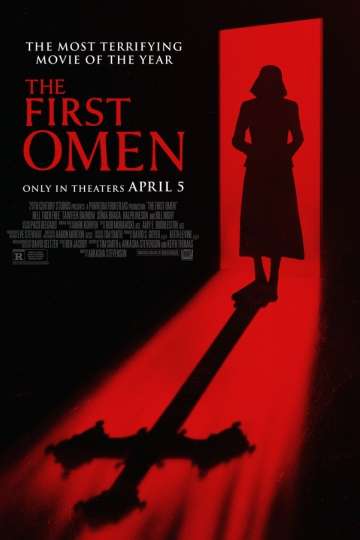Writer Ed Brubaker Reveals His Journey From Marvel Comics to 'Westworld'
Ed Brubaker could have easily rested on his laurels as one of the most popular, prolific, and influential comic book writers of his generation -– he was, among other landmarks, the one who broke the long-standing taboo about resurrecting Captain America's late sidekick Bucky. In doing so, created the Winter Soldier.
But when movies and TV series began mining graphic storytelling -– including his own -– for an ongoing array of high-profile projects, he saw an open door and stepped through it. Now, in addition to his award-winning roster of comics projects, he's also a member of the writing staff on HBO's hit sci-fi series "Westworld."
Throughout his award-winning career in comics, Brubaker's work has always attracted big attention: at DC Comics, he reinvented Catwoman as a more heroic character, co-wrote the street-level, inside-the-Gotham-City-police-ranks series "Gotham Central," and trail-blazed a resurrection of crime noir comics with "Scene of the Crime." At Marvel Comics, in his heralded stint on "Captain America," he killed off the patriotic superhero and replaced him with Cap's guilt-wracked former sidekick before resurrecting him. He also crafted popular runs on "Daredevil," "The Immortal Iron Fist," and "Uncanny X-Men."
And as several of his creations and storylines are being increasingly incorporated into the entertainment industry's comics-derived output, Brubaker's gone Hollywood himself: as a supervising producer on "Westworld," he's been a member of the writer's room throughout the first season and was credited alongside co-creator Jonathan Nolan with writing the fourth episode "Dissonance Theory."
Moviefone recently spoke to the writer about his path from comics to TV, checking out "Westworld" fan theories, seeing his ideas inhabit a massive Marvel movie, and the reason why noir remains a genre he returns to again and again.
Moviefone: What's really fascinating to me is, here we are, in this big convergence of mass media, pop culture and the comic book world. You're one of that rare group of people who's been able now to work on both sides – creating the content that the films and TV shows are based on, and also moving over into the Hollywood realm as well. Was that a transition that happened quickly? Tell me a little bit about how you got to bleed over from one to the other.
Ed Brubaker: I actually started taking trips to LA to talk about screenwriting jobs. I started doing screenwriting in like 2000 or 2001. I worked on a few indie film projects that never got made. I had always been wanting to work in film and comics. I was making my living primarily in comics, but the thought was always like, 'It'd be great if I could sell one of these things and maybe get the gig to write the screenplay so I could break into that field."
In 2001, [studio] people's assistants knew who you were if you were in comics, but nobody at like any of the studios cared about people who wrote comics at all. By the time I'd moved down to LA, it became a big deal if you were a big deal in comics. You could get hired to work on TV shows or sell pilots.
A lot of it was just that the people who were those assistants in the 90s and early 2000s are now the people who are running things, and they grew up reading comics, and they're super into comics. I think there are a lot of other writers in comics who could come out here and get hired on shows, and make a living as a screenwriter, as well as sticking to writing comics. But you give up different things as a screenwriter than you do as someone who just sits at home and just writes comics all the time. You can live anywhere and write comics. If you want to work in TV, you pretty much have to live in LA.
I got lucky. With "Westworld," I came in -- I had written several TV pilots and a couple movies that were on the verge of getting made. And I had all this comic book experience, so I was able to come in at a much higher level than a first-time writer would be able to. I had already paid my dues in 15 years of writing comics, so I was able to get to be an outside-the-box hire and come in as supervising producer, which normally you couldn't do. So that's one of the advantages of that.
When you're part of a TV writing room, it's not about you. It's not about you sitting down and creating a story on your own. It's about sitting in a room with six to eight people, and talking about what the story is and debating different ways scenes could go. It's like a completely different part of your brain.
I love collaborating with people, so I really feel like I took to it. There was definitely some adjustment to realizing, "Oh, okay – I'm one of a group of people who are helping to create something," instead of being able to just be like, "I want to write this scene, and just go do it." So I'm glad I have both. I'm glad I'm still doing my comics and doing the TV writing and film writing.
You've written in so many different genres in comics. Where did you find your way in, creatively, to the big "Westworld" concept and the game plan that Jonah [Nolan] and Lisa [Joy] had put together? And what do you feel like has been your key contribution to the series so far?
That's a tough one. When I went in for the interview, I went in and I read the pilot script, which was a little bit different than what was aired. It was longer and had a lot more stuff in it, but I thought it was one of the best scripts that I'd ever read. And I always loved sci-fi, and I loved the original "Westworld" movie as a kid. So I just really wanted to work on the show, and to work on an HBO show that was going to be so high-end and seemed like it would just be the greatest experience that you could get. If you're going to work on someone else's thing, you want it to be the best possible thing, so you can see how the stuff gets made, actually.
But as far as contribution to the show -- I was one of six or seven other writers that were in the room besides the showrunners. We all just kicked around ideas. Ultimately, the show is what the showrunners and the network want it to be. I can point to lines of dialogue that I'm like, "Oh, I wrote that. That's what I'm credited for." It was a good half or more of the dialogue in there is stuff I wrote. Overall, you're part of a team and building a big project together.
There's a large audience that has embraced the show, and every week you see a new flurry of fan theories. Do you guys look at that at all, just out of a "What are they guessing right? Are they hip to some of the clues we've planted?" Do you guys pay any attention to that stuff?
Yeah, definitely. I've looked at some of it, just because it's fascinating to see. When we were working on the show, I always just assumed it was going to end up being a huge show, just because the pedigree of the show, it's HBO, and every person in it is a movie star. I'd be like, the episodes themselves are so good that I expected it would be a hit, but I wasn't 100% sure it would become the obsession for people that it's become, where they're picking apart every possible clue and mystery. It was really gratifying to see that, in a way.
I've said to a couple people: I don't think there's any wrong way to watch the show. You can watch the show for the overall message about humanity of whatever, or you can watch the show for the secrets and the mysteries, or you can watch it just to get the kick-ass adventure part of it. It really is all those different things. I feel like they all come together to be a larger whole.
My wife knows nothing about the show. She swore me to secrecy because she wanted to watch the show. When we have people over to watch it, she leaves the room immediately after the show is over so that we don't end up talking about everything and ruining it for her. It's fun to watch her try to figure out the theories and then I'm like, "Do you want me to tell you something?" She's like, "No! I want to figure it out on my own." So it's kind of cool.
Your crime noir comic book "The Fade Out," set during the Hollywood blacklist era, just got collected in hardcover from Image Comics. You clearly have an affinity for Old Hollywood, and Old Hollywood's way of telling a crime story, but putting a very contemporary spin on it. And I understand that you have a familial connection to the Old Hollywood system?
Yeah. My uncle, John Paxton, wrote a bunch of noir films back in the '40s. He wrote "Murder, My Sweet," and "Crossfire," and in the '50s he wrote "The Wild One" and "On the Beach." He was a pretty big screenwriter in the '40s or '50s, and even into the early '60s. So I grew up with hearing these stories about Hollywood, and about the Blacklist and everything. The director that he worked with all the time was Eddie Dmytryk, and Adrian Scott was his best friend and producer that he always worked with at RKO. And they were both in the Hollywood Ten.
A while back, a couple years before I started writing "The Fade Out," my aunt sent me all my uncle's old screenplays. Every time a movie would get made, she had the original typescript bound in leather to preserve it. So now I have all those. I was flipping through them. Just found a bunch of articles. She would put things about any articles about his movies and put them in those things.
I think my fascination with noir films came from that my uncle had written them, and my dad always wanted us to read and write, and go to the movies and stuff, so whenever one of my uncle's films would be on the "Late Show" or whatever, he would keep us up to watch it. I started watching noir films when I was probably seven or eight years old, so I have a fascination with that.
Perfect age, right?
Yeah, totally appropriate age! My dad was very inappropriate on things he would let kids watch, but that's fine.
Seems to have paid off.
It's every parents' discretion -– as long as you don't tell their mom.
Especially now with "Westworld" having hit big, has it energized your other projects –- either the comic book properties that you own yourself, or the stuff that you've been working on as far as screenplays?
Unfortunately, a lot of the Hollywood stuff you're never allowed to talk about until they announce it. I have two different projects that are based on my books that are in development, at various stages. One is pretty close to being announced. Currently, I'm actually working on a TV show with a director that is a friend of mine, and that we've already sold, but it hasn't been announced yet. It'll probably be announced in the next week or two. And that's a thing that we created together.
So definitely being part of a hit HBO show has helped people take me a little bit more seriously as a screenwriter and not just some guy who just appeared in Hollywood and did a few things. I feel like once you're actually in production on something, and you see how hard it is to actually get stuff made, you kind of understand the industry a little bit better.
Every time I put out a new project, there's always a bunch of studio interest or various production companies that reach out to you about it. It seems like that happens more and more lately, I think partially because Marvel's owned by Disney, and Warner Brothers owns DC. So the new properties that come out are coming out from places like Image, where the creators actually own it, and then the studios or the producers can reach out directly to the creators. So I feel like, in a way, Marvel and DC being owned by two of the biggest corporations in the world has made it much better for independent comics, as far being as the only ones Hollywood could option.
But yeah. I definitely feel it's it's opened some doors for me. It's certainly made it easier to get press on my comics. I had lunch with Lost" for a few years. We were just talking about how different it is to what people think it is, in a way. It's still a job. It's a more exciting job than most jobs you would have, probably, because you're helping to create a story.
But he was saying, some of the stuff that I see on my Twitter whenever there's an episode of "Westworld," people are like congratulating me for the episode. I'm like, wow, I'm just one of a team of people. I feel uncomfortable getting extra attention for "Westworld," in a way.
I'm happy if that attention then goes to my comic book writing. Especially "The Fade Out," I feel like is especially timely, unfortunately. I turned on the internet today and saw there's talk of starting a new House Un-American Activities Committee. I was like, "Oh, great. Perfect timing to release my hardback, about how awful the Blacklist was for everybody." Bizarre world.
Every time I spoke with the Russo brothers when "Captain America: The Winter Soldier" came out, they made a point to credit you for much of the inspiration that they've found in the comics you wrote. To see that get translated into film and become a thing that the mass culture is going to think and know about Captain America now –- what was that experience like for you?
It's still very bizarre. Last year, I had trick or treaters dressed up as the Winter Soldier. I had to stop and take pictures -– I had to make them take pictures with me. They were like a little freaked out by it. My wife's like, "He created the Winter Soldier." They were like, "Oh." And then they were, like, really excited about it. I was like, "We shouldn't have told them that!" Yeah. It's very bizarre.
When I started writing "Captain America," my pitch for the book was bringing back Bucky, and making him the Winter Soldier, and having him be grown up, so that it wouldn't be like a teen sidekick, but this dark sort of redemption story -– almost like "The Bourne Identity" or something. I was coming in at a time at Marvel where they were ready to try to shake things up and to do things that they hadn't done before. So I got very lucky in the timing of that, that they were willing to bring Bucky back.
I was just trying to reflect what was going on in the world a little bit, and the comics, and a superhero version of it. I remember when the issue came out that revealed the Winter Soldier was Bucky, I thought that would be my last issue of "Captain America." I thought people were going to be so mad. Now, to see that those are the comics that have influenced the Marvel movies, especially the "Captain America" movies, they have a very similar tone to the comics I wrote. The storylines for the last two, good portions of them were adapted from comics I wrote, so that's just bizarre to me! It's always hard to wrap my head around.
When I went to the premiere of "Civil War" movie, I was just sitting there in the theater and watching it, and then I'd be like, 'Oh, wait -- I know this storyline." It took me until the second time to watch it to actually appreciate the movie because I was just, like, having my mind blown over and over again. And just the other day I got a text from Sebastian Stan about my episode of "Westworld." This is bizarre -– I'm getting texts from the Winter Soldier! To me, it's always just been, I kind of can't believe it happened. I wish my dad had lived to see it. He would be very impressed with me. But yeah. It's weird.
If my agents want anyone to take a meeting with me, they just go, 'He's the guy who created The Winter Soldier." It's definitely opened a lot of doors.


